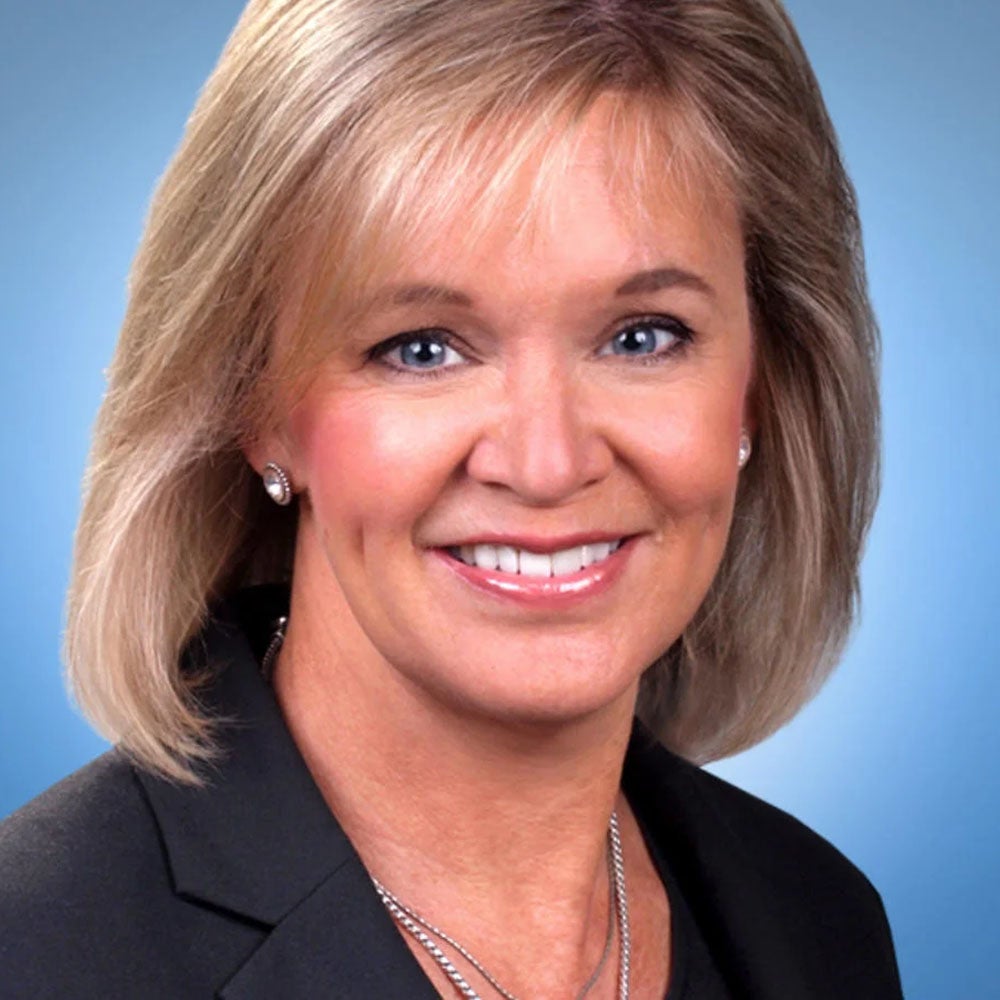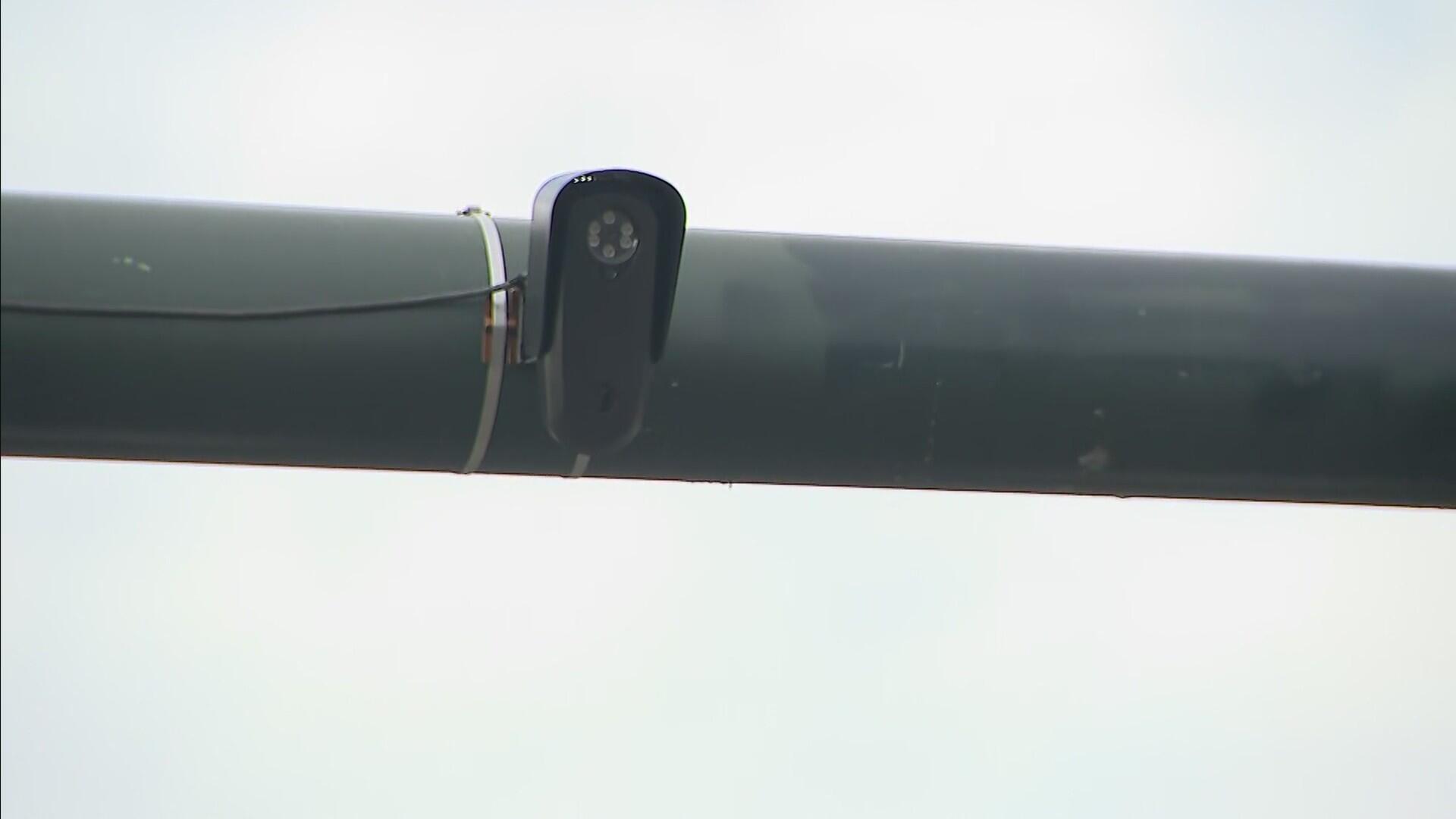Colorado lawmaker considers regulation to prevent abuses and misuses of license plate-reading cameras
License plate readers have become ubiquitous. There are hundreds if not thousands of them in Colorado.
But there are no federal or state laws in Colorado to regulate the cameras, which have been misused and abused in some cases.
The City of Louisville recently deactivated its cameras, which were installed after the Marshall Fire to prevent burglaries at building sites.
In an attempt to catch the crooks, the city installed 20 license plate readers made by Flock Safety. While the police department's website said the data was only being shared in-state, Tawnya Somauroo discovered the cameras were being tapped not only by law enforcement in other states but federal immigration agents.
"It was clear there were multiple software settings and there was some confusion," she said.
Curious, Somauroo began digging into Flock Safety. She discovered that, in addition to still cameras, it has video cameras and audio detection. Its license plate readers will soon stream live video. Somauroo pulled a patent showing the company is able to use its video to track not only vehicles but people, based on race, gender, height, weight and clothing, then aggregate the data to develop profiles of individuals and timelines of their travels.
"I signed up for safety," says Somauroo. "I did not sign up for a private company to be photographing and recording conversations between me and my children in my neighborhood and doing whatever they want with the data."
State Sen. Judy Amabile is considering legislation to limit how the cameras are used and how the data is shared.
"I do fundamentally believe we have the right to privacy, and, in criminal matters, people are innocent until they are proven guilty. And if you try to turn that on its head in the name of public safety, then I think no one is safe," she said.
Amabile says police should only be allowed to share camera data if another agency has a warrant based on probable cause, which is needed if police want to track someone using GPS or cellphone data.
She also wants to limit out-of-state and internal access. Kansas investigators found two officers used the cameras to stalk women.
"I would hate to see a really valuable tool get limited by speculation and worst-case scenarios," says Aurora Police Chief Todd Chamberlain.
He insists the benefits of the technology outweigh the risks.
"All the records, all of the things that are done for all the information that gets supplied, we can track back who acted on that, who was involved in that particular aspect. What they used it for," Chamberlain said. "I've terminated people very recently based upon them getting into information and data they should not have gotten into."
He says Aurora's camera data -- which he shares with agencies nationwide -- has helped locate stolen vehicles and murder suspects.
"It's not the end all. It gives information, but that information has to be acted on by an officer," he said.
Chamberlain says it also must be verified. Four years ago, Aurora police held an innocent family at gunpoint after a camera wrongly flagged their SUV as a stolen motorcycle from out-of-state.
"Unfortunately, those things do happen," said Chamberlain. "There are women with families that steal cars. That is the outlier, that is not the norm. If we have the opportunity to use the technology in more improved and effective ways that doesn't inhibit someone's civil liberties but instead inhibits somebody from victimizing somebody else, I really ask the question of why wouldn't you embrace something like that?"
Somauroo says she understands why local police would find the technology beneficial.
"It's not about the local police having that data, it's about the whole universe of the data and that you're connecting more and more and more of it. It is very dystopian."
She says preventing police from sharing data without a warrant is just a start.
"I think we need a law preventing companies from location tracking people and protections about aggregating data about people," Somauroo said. "I would like to feel like I'm not a price tag walking around for some company to make money off of, or a target to be misunderstood, to be flagged in some database as a crime risk. And that gets pretty scary."
State senator Amabile says she also wants to limit how businesses can use the cameras. Two members of Congress have launched an investigation into Flock Safety.
The company contacted CBS Colorado after our first story on the cameras.
It says, "Nationwide, Flock is in use in more than 6,000 communities and has been credited with helping solve over 10 percent of reported crime in the U.S. Our mission is to give communities tools that support public safety while respecting local laws and community values.
Flock Safety takes a firm stance: citizens should have a voice in their city. Every deployment of a Flock Safety camera in public spaces is democratically authorized -- either by city council vote, police board approval, or public contracting process. This ensures that the use of ALPR is not imposed on a community but rather requested, debated, and voted on. To date, Flock Safety's cameras have been authorized through over 1,200 city council meetings and public hearings across the country. The company has also played a critical role in shaping legislative frameworks, helping pass seven state-level laws, including comprehensive guidelines in states like Virginia."

